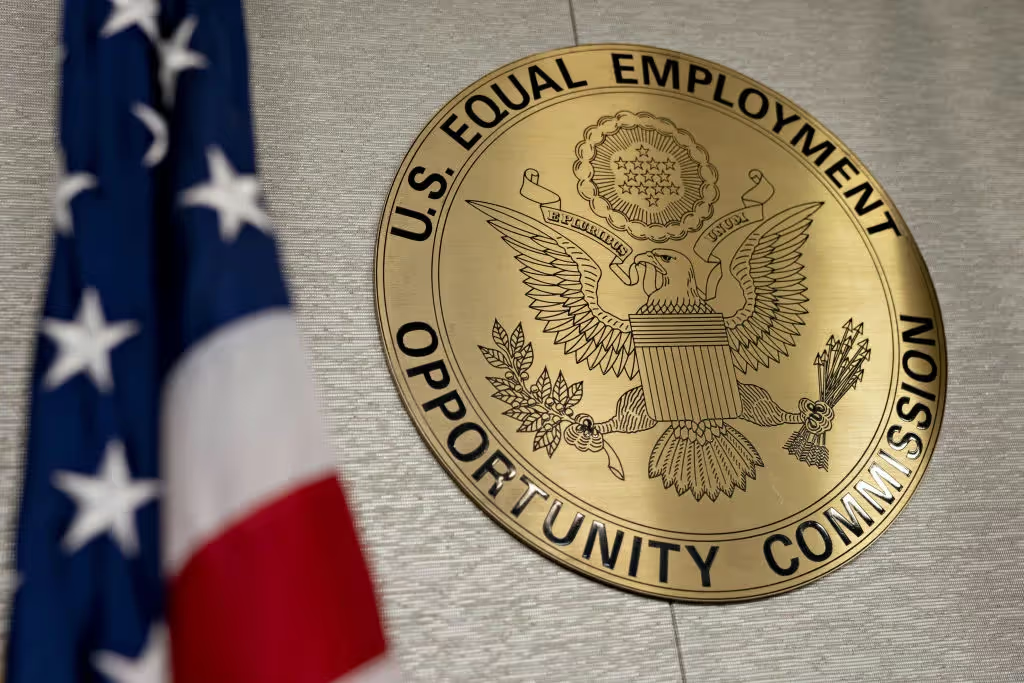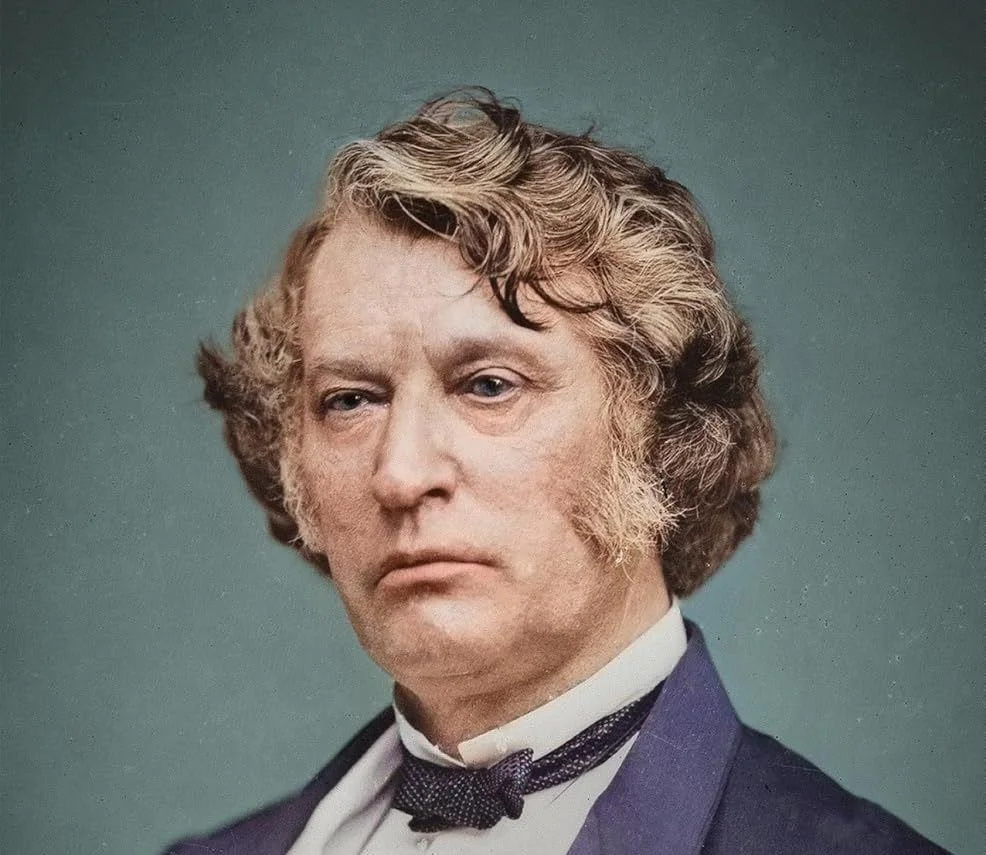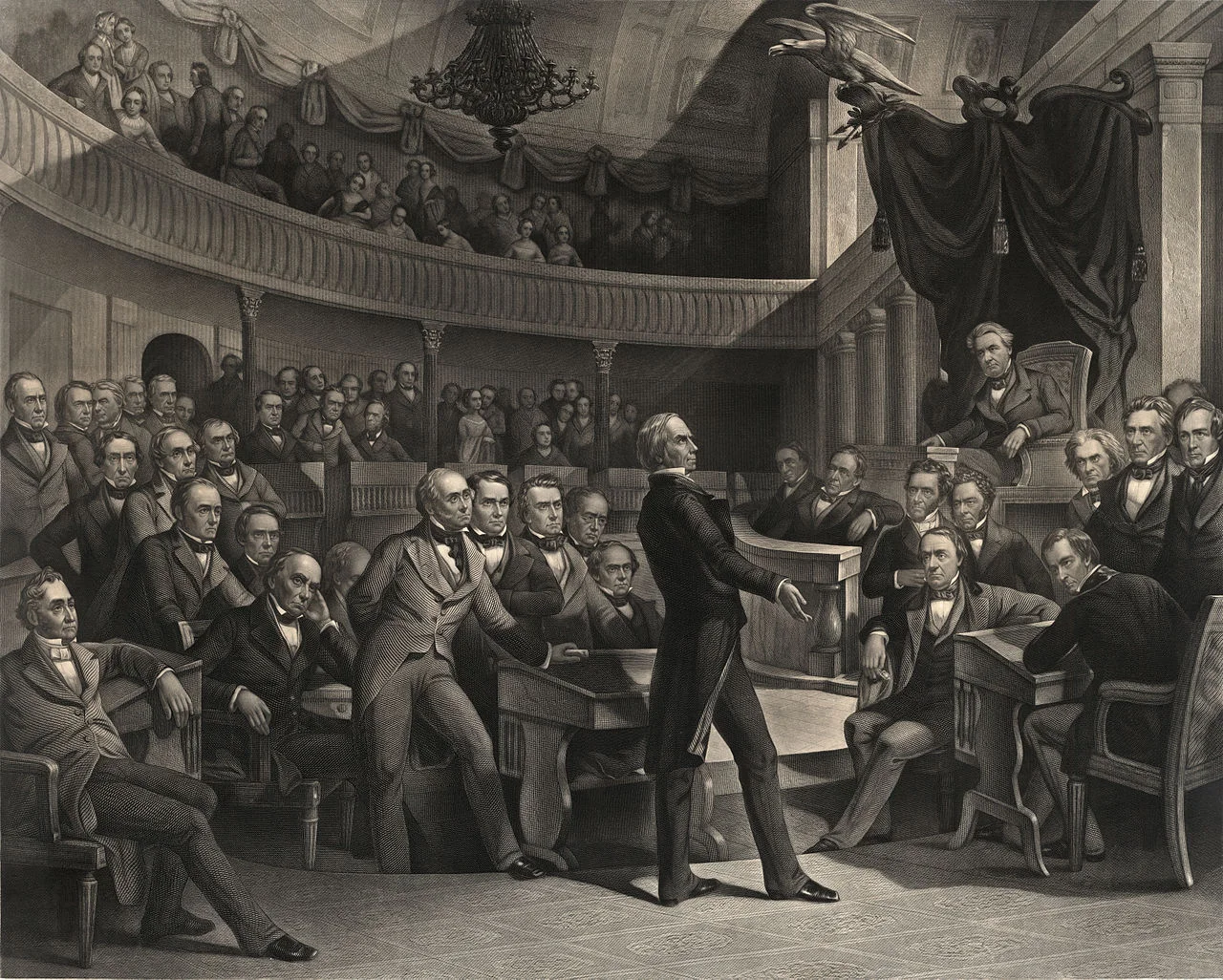
Equal Employment Opportunity Commission Is Correct to Challenge Law Firm DEI Abuse
Large law firms have ignored Title VII of the Civil Rights Act of 1964 by repeatedly making employment decisions on the basis of race.
It was a sunny afternoon in 2007, but I was inside, searching through my law school’s Career Services ads again. I couldn’t risk the prospect of long months of unemployment post-graduation. Sure, Career Services diligently listed plenty of opportunities, but I couldn’t help but notice how many had variations on the concept of “diversity” in the title. I wondered sometimes if our Career Services page had more diversity-related postings than opportunities advertised as open to all.
It would be one thing if “diversity” meant diversity along many different dimensions, such as having an unusual amount or type of work experience compared to other law students. But I did not understand the term that way (nor, from what I could tell, did the vast majority of my peers, professors, or advisors.) Instead, drawing on the terminology used in the Supreme Court opinion Grutter v. Bollinger, these postings conveyed that these jobs were open exclusively or at least preferentially to underrepresented racial and ethnic minorities.
While my experiences here are admittedly anecdotal, they appear to be typical. The nation’s largest and most prominent law firms enthusiastically compete for the best racial and ethnic minority students. If anything, the competition has only intensified since my law school days.
While there is nothing wrong with these firms (or any other employer) competing aggressively to hire the best talent, Title VII of the Civil Rights Act of 1964 prohibits them from putting a thumb on the scale for members of particular racial groups when doing so. This landmark civil rights statute requires employers to treat individuals as individuals and not on the basis of their race, color, national origin, sex or religion.
Title VII’s text is race-neutral, prohibiting race and color discrimination against persons of all races. The Supreme Court has likewise consistently interpreted Title VII to prohibit “[d]iscriminatory preference for any [racial] group, minority or majority" going back decades.
Limited exceptions to this general principle exist. In United Steelworkers v. Weber in 1978, the holding was that employers may take race-conscious steps to “eliminate manifest racial imbalances in traditionally segregated job categories.” Still, this exception has never been, and should not be, understood to swallow the whole.
Yet elite law firms have largely ignored Title VII’s command, as a series of investigative letters sent by Equal Employment Opportunity Commission Chair Andrea Lucas indicate. To summarize some of the most prominent claims of discrimination by firms recounted in the letters: Perkins Coie has acknowledged that it has had a 1L Diversity Fellowship Program since 1991 and a similar 2L Diversity Fellowship since at least 2021. It has also admitted in court filings that, at least until 2023, those hiring programs had “a requirement that participants belong to a group historically underrepresented in the legal profession” and “asked or required [applicants] to identify their race when applying,” indicating that these programs preferred students from certain racial groups.
Cooley has publicly touted its demographic hiring goals, setting “targets for greater representation of women in the partnership, diversity among lawyers and diversity in business professionals.” Cooley also appears to provide access to certain privileges of employment, such as training and leadership development, based on employees’ racial backgrounds. For example, the firm advertises that it is a member of the Leadership Council on Legal Diversity, through which it nominates a “diverse set of lawyers for leadership development programs each year.” Cooley also provides several “Affinity Groups,” which appear limited to staff based on race, color, religion, sex, and national origin.
Cooley also appears to admit to engaging in disparate treatment in compensation between summer associates who solely participate in its regular associate program and those who are recipients of its “US Diversity Fellowship.” Recipients of the fellowship following their first year of law school will receive a paid summer associate position plus an award of up to $50,000 to assist with law school tuition, and those receiving it after the second year of law school receive both a paid summer associate position and an award of up to $40,000 to assist with law school tuition.
Reed Smith has a “Race Equity Action Plan,” which sets specific demographic goals for the firm to meet by 2024. Its “RISING” professional development program is facially race-restricted, limiting itself to an “inaugural cohort of 32 Black lawyers in accelerating progress toward their practice growth goals and prospective opportunities.” Similarly, STAARS, “Sustaining and Training African Americans at Reed Smith,” is another facially race-restricted program that focuses on the professional development of “African Americans throughout the firm.” The Reed Smith/ McKesson 1L Diversity Fellowship and Reed Smith/ Citizens Financial Group Diversity Fellowship each provide “an award in the amount of $5,000 and a summer associate position to a diverse, first year law student.”
To be sure, as some of these firms’ defenders note, tension has always simmered between Title VII’s prohibition on race discrimination and the classical liberal principle of the importance of free association. Leading libertarian law professor Richard Epstein, for example, has vigorously and powerfully argued that the latter should take priority over the former. For similar reasons, my employer (Pacific Legal Foundation) has historically limited its anti-discrimination practice to litigation against public sector institutions. But other classical liberal scholars, such as George Mason University Scalia Law School’s David Bernstein, have offered qualified defenses of Title VII as necessary to “break the southern [governmental] Jim Crow cartel.” However this debate is best ultimately resolved, these firms must comply with civil rights law as it currently exists.
Why have law firms persisted in this legally questionable course? Part of it may be a philosophical commitment to seeing particular demographic representation. But another part of the problem is that civil rights law has long been essentially at war with itself. As I discussed above, Title VII prohibits disparate treatment discrimination (actual discrimination based on race.) But it also prohibits employment practices with a disparate impact (any practice with an adverse effect on a particular racial group that is not justified by business necessity), even if that practice is not intended to be intentionally discriminatory.
The difficulty is that virtually every employment practice has a disparate impact on some racial and ethnic group. Some may reflect past or present bias or intentional discrimination. But others are more benign. Cambodian Americans are disproportionately likely to have experience in the doughnut industry because of the outsized effects a single Cambodian doughnut entrepreneur had on the industry. Vietnamese Americans are overrepresented among manicurists because refugees at a camp that actress Tippi Hedren visited admired her nails, and she paid for some of them to attend manicure school.
To avoid disparate impact liability, some employers resort to disparate treatment. As Justice Scalia wrote, “Title VII’s disparate impact provisions place a racial thumb on the scales, often requiring employers to evaluate the racial outcomes of their policies and to make decisions based on (because of) those racial outcomes.” Some law firms may, therefore, have resorted to these intentionally discriminatory programs to avoid disparate impact liability.
The good news on this front is that the President recently issued an executive order that essentially prohibits the federal government from using disparate impact in civil rights enforcement. But the executive order does not prevent private plaintiffs from bringing disparate impact employment claims. Ending disparate impact there will require an act of Congress or a successful constitutional challenge.
Meanwhile, the EEOC is correct to enforce the principle that in law firm hiring, individuals should be treated as individuals and not on the basis of their membership in racial or ethnic groups. In some places, this effort has been criticized in the same breath as more questionable executive actions targeting law firms. The problem is that coupling the two undermines the moral and legal argument for enforcing anti-discrimination law. One need not endorse other executive actions against large law firms to recognize serious legal and moral problems with their approaches to diversity, equity, and inclusion.
Alison Somin is a Senior Legal Fellow for the Pacific Legal Foundation.
Constitutionalism

Amicus Brief: Hon. William P. Barr and Hon. Michael B. Mukasey in Support of Petitioners
Former AGs Barr and Mukasey Cite Civitas in a SCOTUS Brief

Rational Judicial Review: Constitutions as Power-sharing Agreements, Secession, and the Problem of Dred Scott
Judicial review and originalism serve as valuable commitment mechanisms to enforce future compliance with a political bargain.

Supreme Court showdown exposes shaky case against birthright citizenship
Supreme Court will hear challenges to Trump's order ending birthright citizenship, testing the 14th Amendment's guarantee for babies born in America.

Charles Sumner’s Harmony with the Declaration
Sumner used the Declaration to increase the Constitution’s pursuit of forming a more perfect union.

Men and Women: Equal but Beautifully Distinct
Powerful interests are being served, but they are not those of young women competing in adolescent sports, or the larger need of our society to know that its words, laws, and public speech conform to the reality that we did not summon into being.


.avif)










.avif)



